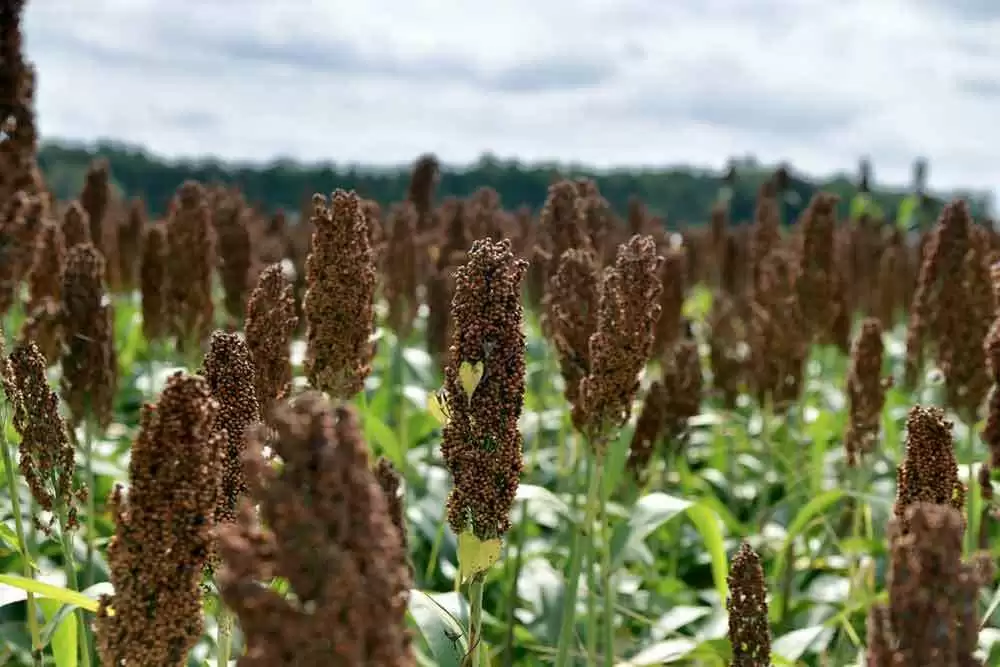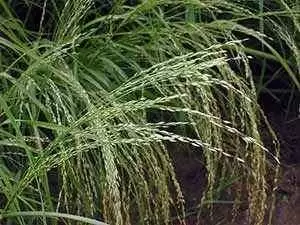Celiac.com 10/17/2023 - Teff is a grain widely cultivated in East Africa, especially Ethiopia. Teff is gluten-free, and gaining popularity globally due to its nutritional and antioxidant properties. In fact, teff has been called Ethiopia's "Gluten-Free Super Grain," but little research has been done on the properties of teff. A team of researchers recently set out to explore the antioxidant properties of teff grain extracts using a human cell model.
The research team included Christopher J. Cotter, Allison J. Wright, Anastasia V. Romanov,Tyler N. Graf, Eric D. Whisnant, Laura Flores-Bocanegra, Megan S. Doldron, Nicholas H. Oberlies, Zhenquan Jia, and Ayalew Ligaba-Osena. They are variously affiliated with the Laboratory of Plant Molecular Biology and Biotechnology, Department of Biology, The University of North Carolina at Greensboro, Greensboro, NC 27412, USA; the Department of Chemistry and Biochemistry, The University of North Carolina at Greensboro, Greensboro, NC 27412, USA; and the Laboratory of Molecular Toxicology, Department of Biology, The University of North Carolina at Greensboro, Greensboro, NC 27412, USA.
Celiac.com Sponsor (A12):
While teff has been found to possess antioxidant properties in previous laboratory studies, this research sought to validate its antioxidant activity using a physiologically relevant human cell model. The hypothesis was that teff grain extracts could influence the cellular antioxidant response by affecting the production of glutathione, a crucial antioxidant compound within cells.
The study conducted experiments using a human acute monocytic leukemia cell line (THP-1) to assess the impact of purified teff grain extracts. The results indicated that the organic fraction of these extracts increased the cellular glutathione levels. This effect was more pronounced in brown-colored teff compared to the ivory variety. Furthermore, the brown-teff extract boosted the expression of genes involved in the glutathione biosynthetic pathway, such as γ-glutamate cysteine ligase catalytic (GCLC) and modifier (GCLM) subunits, as well as glutathione reductase, which is an enzyme crucial for glutathione production. This suggests that teff extracts may influence glutathione metabolism within cells.
Mass spectrometry analysis revealed the presence of specific compounds in the brown-teff samples, such as 4-oxo-β-apo-13-carotenone, γ-linolenic acid (methyl ester), 4,4′-(2,3-dimethyl-1,4-butanediyl)bis-phenol, and (3β)-3-[[2-[4-(Acetylamino)phenoxy]acetyl]oxy]olean-12-en-28-oic acid. These compounds are believed to contribute to the antioxidant properties of teff by acting as direct antioxidants and influencing genes associated with antioxidant responses.
Overall, teff exhibits antioxidant activity attributed to the presence of phytochemicals that can directly scavenge free radicals and regulate genes involved in antioxidant responses. This research, using a human cell model, provides valuable insights into tef's potential role in combating diseases triggered by oxidative stress. Importantly, it is the first report to demonstrate the antioxidant capabilities of teff extracts in a physiologically relevant context, opening doors for further exploration of its health benefits.
Read more in Antioxidants 2023, 12(8), 1561









Recommended Comments
Create an account or sign in to comment
You need to be a member in order to leave a comment
Create an account
Sign up for a new account in our community. It's easy!
Register a new accountSign in
Already have an account? Sign in here.
Sign In Now